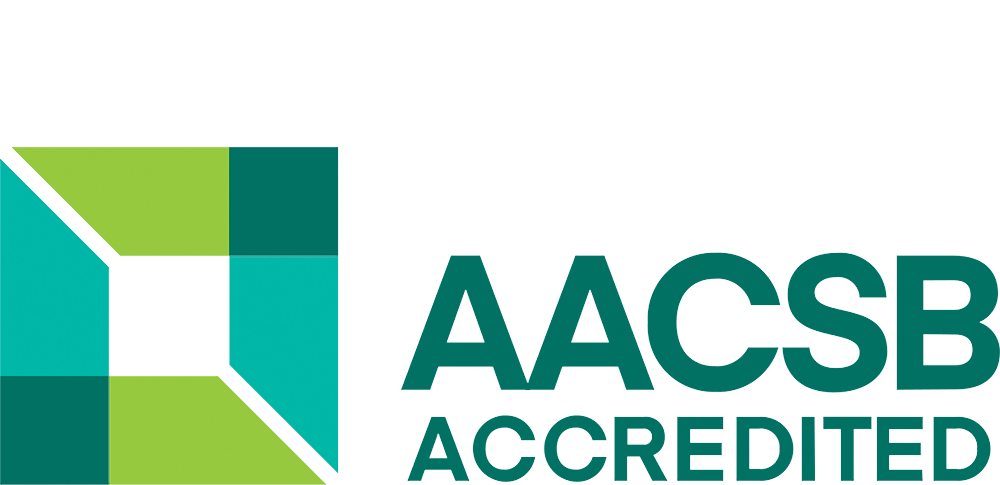Are you looking for a 5-year degree? Do you want to go back to school full or part-time? The master in continuing education is an interesting training for you. This level 7 diploma, highly sought after by employers, will enable you to enter the professional world more easily.
What is a master's degree in continuing education? What are its objectives? Who is it aimed at? What sectors does it cover? What funding is available? IPAG Business School tells you all about it in this complete guide to the Master's in continuing education.
What is a Master's degree in continuing education?
The master's degree is a level 7 diploma, equivalent to a baccalaureate +5. Highly sought after by companies, the master's degree can be obtained in different ways (continuing education, full-time or part-time). This master's degree is for people who already have professional experience in a particular field. It is offered in continuing education (see our article to understand the differences between initial and continuing education). This higher education degree is recognised throughout Europe.
What are the objectives of a Master in Continuing Education?
The objectives of the Master's degree in continuing education for adults are multiple. This higher education diploma allows you to retrain or to gain skills to advance your career and your remuneration (access to executive status and manage teams, for example). The blocks of skills acquired can enable you to progress within your company, to reorient yourself, or to optimise your professional integration. Finally, this academic course can help you acquire a double skill or specialise in another field. Some choose to use their new knowledge to create their own company.
Who is the Master's degree in continuing education for?
Continuing vocational training is for people who have interrupted their studies and already started a working life and career path. It concerns any person wishing to acquire new qualifications, to enhance their professional experience or to obtain new skills. Continuing education masters courses are also interesting for those who wish to discover new methods and practices applied in companies, or to open up to new technologies. This type of training is particularly aimed at graduates who have not previously been able to obtain a bachelor's degree. The master's degree is open to people who already have a bachelor's degree (licence, bachelor, BUT, DEES...). However, exceptions are possible for holders of a bac +2 who have been working for several years. In this case, a VAP 85 file (validation of professional experience) must be achieved directly with the training organisation.
This diploma is also aimed at employers wishing to develop the skills of their employees internally. Similarly, some employers recommend this type of training to their employees to enable them to progress and take on a managerial or executive role within the company.
Where to do a Master's degree in continuing education?
There are several places where you can take a Master's degree in continuing education:
- in universities or grandes écoles ;
- in private continuing education institutes
- in distance learning institutions;
- in accredited continuing education organisations.
What sectors are covered by the Master in Continuing Education?
Almost all sectors are covered by the Master in Continuing Education. Amongst them, the tertiary sector, industry, management, paramedical, international relations, environment or teaching.
How does a Master's degree work?
It is possible to follow a Master's degree in continuing education while working. You can take a Master's degree by following :
- A part-time or full-time course, over a period of 1 to 2 years maximum;
- In-class or distance learning, or even completely online;
- A work-study course under certain conditions;
- A VAE (validation of acquired experience) can also enable you to obtain all or part of a Master's degree.
How to finance a Master's degree in continuing education?
It is possible to finance a Master's degree in continuing education in different ways. This professional training can be quite expensive. The cost varies according to the type of course chosen, its duration and the place of teaching. Here are the existing financing options for professional training:
- The financing agreement between the university/school and the company or a financing organisation (Fongecif, OPCO, Pôle emploi, etc.);
- The CPF (personal training account);
- Personal or third party funding (for courses open exclusively to continuing education such as the GEDOS, GESCFA, GESS masters courses, etc.).
You now know everything about the Master's in continuing education. Discover our range of courses to help you successfully resume your studies. Our courses cover various fields, such as management, CSR or the energy and ecological transition. For information, you can contact our advisors to talk to them about your professional project and obtain personalised information.







